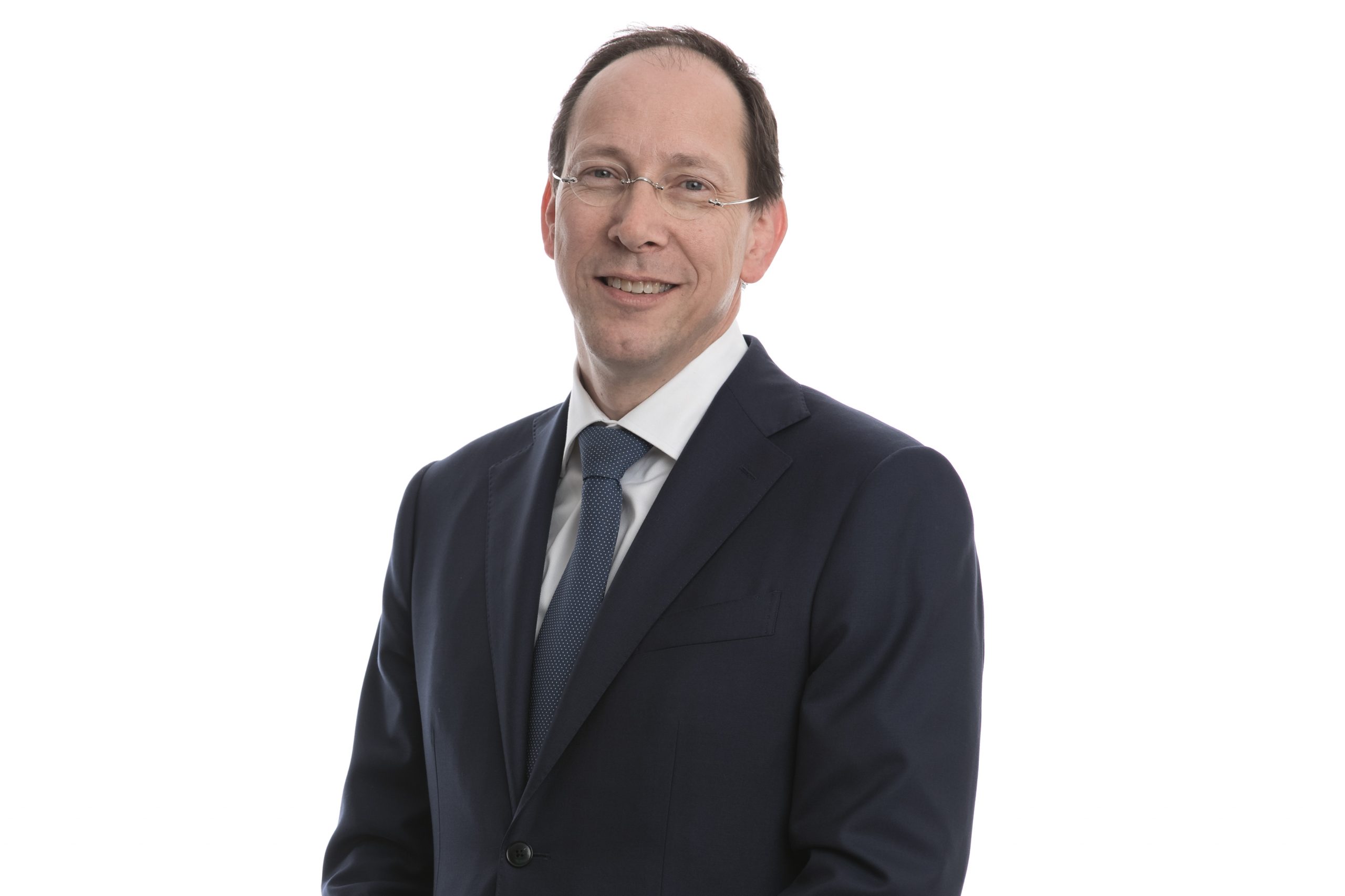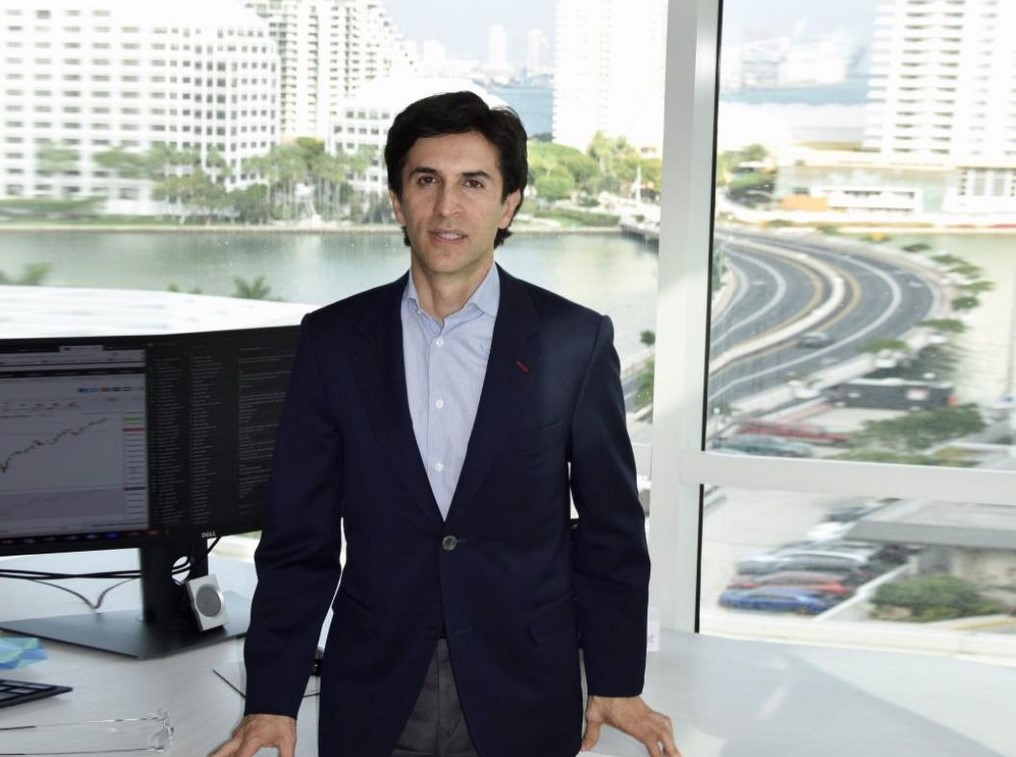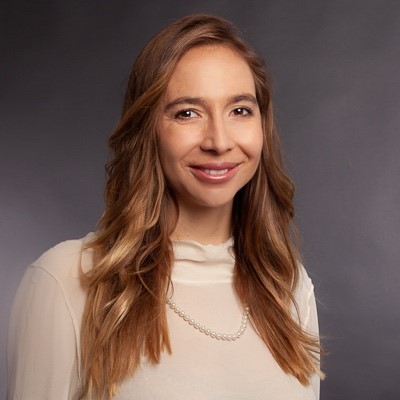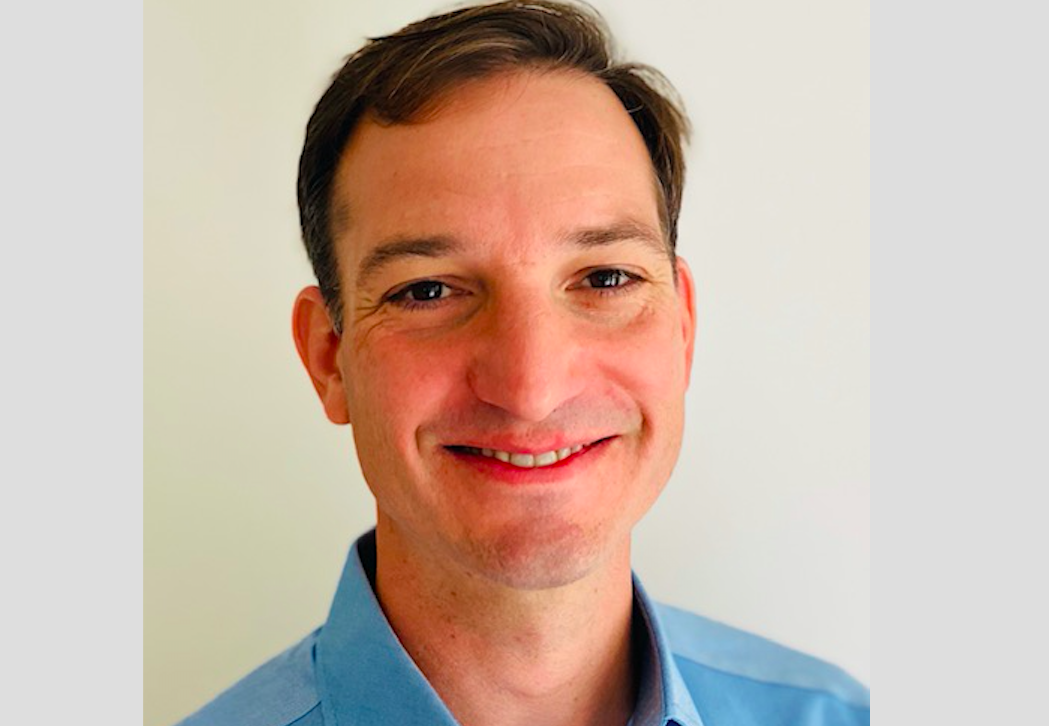Get ready for an M&A wave on the second half of 2020
| By Cecilia Prieto | 0 Comentarios

U.S. equities moved higher in July against the daunting backdrop of renewed Coronavirus surges that are raising risks for the nascent U.S. economic recovery. During the J.P. Morgan second quarter conference call, CEO Jamie Dimon said, “You’re going to have a much murkier economic environment going forward than you had in May and June, and you have to be prepared for that.” Investor confidence that monetary policy and another fiscal stimulus package will continue to backstop the U.S. economy and markets provides major support for stock prices.
GAMCO expects to see more mergers, some facilitated by SPACs (special-purpose acquisition companies), private equity, or corporations looking to grow. Amazon may decide buy a filmed-entertainment company to gain new content. The outlook for deals and financial engineering brightened during the Honeywell International earnings call when CEO Darius Adamczyk said, “the balance sheet is very strong and well-protected, well-funded. So in short, we’re very much open for business, both from an M&A perspective, as well as potential buyback perspective… the M&A environment is just a little bit slower just because everybody is focused on battling the crisis. But we think that that may open up a little bit more here in the second half, and we hope to be active.”
Among GAMCO’s Private Market Value (PMV) with a Catalyst™ stock research ideas highlighted as ‘stock picks’ during BARRON’S 2020 Midyear Roundtable, published in the July 13 issue, were: NextEra Energy Partners (NEP), which manages renewable-energy projects, Maple Leaf Foods (MFI), equipment rental supplier Herc Holdings (HRI), Vivendi (VIV), Sony (SNE) and GCP Applied Technologies (GCP), a specialty construction chemicals, building materials, and packaging sealants producer. Catalyst Starboard Value, an activist investor, recently won eight board seats.
The recent Coronavirus spike slowed the rally in value, small cap stocks, and the U.S. dollar as economic slowdown fears resurfaced. A weaker dollar will make the U.S more competitive in global trade.
Column by Gabelli Funds, written by Michael Gabelli
______________________________________________________
To access our proprietary value investment methodology, and dedicated merger arbitrage portfolio we offer the following UCITS Funds in each discipline:
GAMCO MERGER ARBITRAGE
GAMCO Merger Arbitrage UCITS Fund, launched in October 2011, is an open-end fund incorporated in Luxembourg and compliant with UCITS regulation. The team, dedicated strategy, and record dates back to 1985. The objective of the GAMCO Merger Arbitrage Fund is to achieve long-term capital growth by investing primarily in announced equity merger and acquisition transactions while maintaining a diversified portfolio. The Fund utilizes a highly specialized investment approach designed principally to profit from the successful completion of proposed mergers, takeovers, tender offers, leveraged buyouts and other types of corporate reorganizations. Analyzes and continuously monitors each pending transaction for potential risk, including: regulatory, terms, financing, and shareholder approval.
Merger investments are a highly liquid, non-market correlated, proven and consistent alternative to traditional fixed income and equity securities. Merger returns are dependent on deal spreads. Deal spreads are a function of time, deal risk premium, and interest rates. Returns are thus correlated to interest rate changes over the medium term and not the broader equity market. The prospect of rising rates would imply higher returns on mergers as spreads widen to compensate arbitrageurs. As bond markets decline (interest rates rise), merger returns should improve as capital allocation decisions adjust to the changes in the costs of capital.
Broad Market volatility can lead to widening of spreads in merger positions, coupled with our well-researched merger portfolios, offer the potential for enhanced IRRs through dynamic position sizing. Daily price volatility fluctuations coupled with less proprietary capital (the Volcker rule) in the U.S. have contributed to improving merger spreads and thus, overall returns. Thus our fund is well positioned as a cash substitute or fixed income alternative.
Our objectives are to compound and preserve wealth over time, while remaining non-correlated to the broad global markets. We created our first dedicated merger fund 32 years ago. Since then, our merger performance has grown client assets at an annualized rate of approximately 10.7% gross and 7.6% net since 1985. Today, we manage assets on behalf of institutional and high net worth clients globally in a variety of fund structures and mandates.
Class I USD – LU0687944552
Class I EUR – LU0687944396
Class A USD – LU0687943745
Class A EUR – LU0687943661
Class R USD – LU1453360825
Class R EUR – LU1453361476
GAMCO ALL CAP VALUE
The GAMCO All Cap Value UCITS Fund launched in May, 2015 utilizes Gabelli’s its proprietary PMV with a Catalyst™ investment methodology, which has been in place since 1977. The Fund seeks absolute returns through event driven value investing. Our methodology centers around fundamental, research-driven, value based investing with a focus on asset values, cash flows and identifiable catalysts to maximize returns independent of market direction. The fund draws on the experience of its global portfolio team and 35+ value research analysts.
GAMCO is an active, bottom-up, value investor, and seeks to achieve real capital appreciation (relative to inflation) over the long term regardless of market cycles. Our value-oriented stock selection process is based on the fundamental investment principles first articulated in 1934 by Graham and Dodd, the founders of modern security analysis, and further augmented by Mario Gabelli in 1977 with his introduction of the concepts of Private Market Value (PMV) with a Catalyst™ into equity analysis. PMV with a Catalyst™ is our unique research methodology that focuses on individual stock selection by identifying firms selling below intrinsic value with a reasonable probability of realizing their PMV’s which we define as the price a strategic or financial acquirer would be willing to pay for the entire enterprise. The fundamental valuation factors utilized to evaluate securities prior to inclusion/exclusion into the portfolio, our research driven approach views fundamental analysis as a three pronged approach: free cash flow (earnings before, interest, taxes, depreciation and amortization, or EBITDA, minus the capital expenditures necessary to grow/maintain the business); earnings per share trends; and private market value (PMV), which encompasses on and off balance sheet assets and liabilities. Our team arrives at a PMV valuation by a rigorous assessment of fundamentals from publicly available information and judgement gained from meeting management, covering all size companies globally and our comprehensive, accumulated knowledge of a variety of sectors. We then identify businesses for the portfolio possessing the proper margin of safety and research variables from our deep research universe.
Class I USD – LU1216601648
Class I EUR – LU1216601564
Class A USD – LU1216600913
Class A EUR – LU1216600673
Class R USD – LU1453359900
Class R EUR – LU1453360155
Disclaimer:
The information and any opinions have been obtained from or are based on sources believed to be reliable but accuracy cannot be guaranteed. No responsibility can be accepted for any consequential loss arising from the use of this information. The information is expressed at its date and is issued only to and directed only at those individuals who are permitted to receive such information in accordance with the applicable statutes. In some countries the distribution of this publication may be restricted. It is your responsibility to find out what those restrictions are and observe them.
Some of the statements in this presentation may contain or be based on forward looking statements, forecasts, estimates, projections, targets, or prognosis (“forward looking statements”), which reflect the manager’s current view of future events, economic developments and financial performance. Such forward looking statements are typically indicated by the use of words which express an estimate, expectation, belief, target or forecast. Such forward looking statements are based on an assessment of historical economic data, on the experience and current plans of the investment manager and/or certain advisors of the manager, and on the indicated sources. These forward looking statements contain no representation or warranty of whatever kind that such future events will occur or that they will occur as described herein, or that such results will be achieved by the fund or the investments of the fund, as the occurrence of these events and the results of the fund are subject to various risks and uncertainties. The actual portfolio, and thus results, of the fund may differ substantially from those assumed in the forward looking statements. The manager and its affiliates will not undertake to update or review the forward looking statements contained in this presentation, whether as result of new information or any future event or otherwise.





